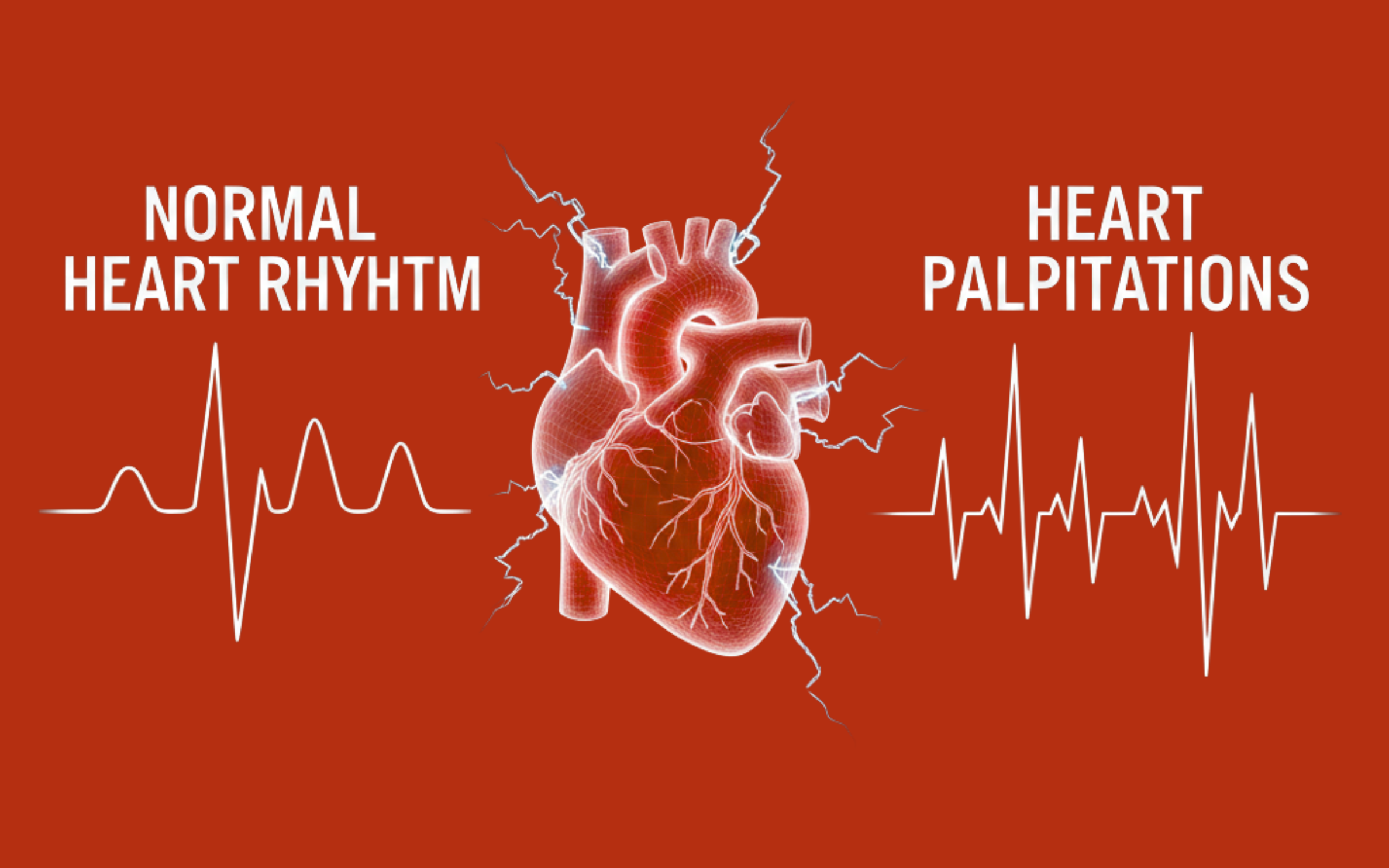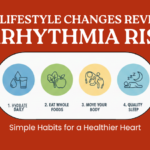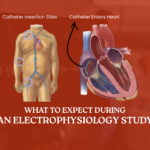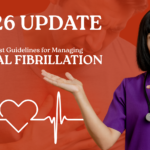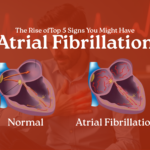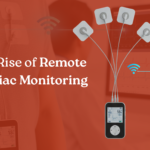Most of us have experienced moments when our heart suddenly begins to race, flutter, or beat harder than usual. It can happen while resting, during exercise, after a stressful moment, or even without an obvious reason. These sensations are commonly known as heart palpitations, and while they are usually harmless, they can sometimes signal an underlying health concern that should not be ignored.
In this blog, we’ll explore what heart palpitations really are, why they occur, and when it’s time to consult a specialist. We’ll also look at real-time experiences and the role of the best cardiologist in Hyderabad and the best electrophysiologist in Hyderabad in diagnosing and treating these symptoms.
What Are Heart Palpitations?
A heart palpitation is a feeling that your heart is beating irregularly — too fast, too slow, or with an unusual rhythm. Many people describe it as a “flutter,” “flip-flop,” “pounding,” or “skipped beat.” Some notice it in their chest, while others feel it in their throat or neck. These sensations may last only a few seconds, but when they appear frequently or with other symptoms, they become concerning.
Common Causes of Heart Palpitations
Although a heart palpitation can feel alarming, it is often caused by everyday factors, such as:
- Stress and Anxiety: Emotional stress triggers adrenaline release, which increases heart rate. People with anxiety disorders often report frequent palpitations.
- Caffeine and Energy Drinks: Coffee, tea, sodas, chocolates, and energy boosters contain stimulants that can momentarily speed up the heartbeat.
- Hormonal Changes: Pregnancy, menopause, menstruation, or thyroid issues can affect heart rhythm.
- Physical Activity: Strenuous exercise can cause the heart to beat faster. While normal, unusual palpitations during workouts should be evaluated.
- Medications: Certain asthma inhalers, cold medications, and weight loss supplements are known triggers.
- Underlying Heart Conditions: Sometimes, a heart palpitation is linked to arrhythmias such as atrial fibrillation, supraventricular tachycardia, or premature beats. These conditions need medical evaluation, especially if symptoms worsen.
A Real-Time Experience: When Palpitations Become a Warning
Many people ignore the early signs of heart rhythm issues because symptoms come and go. One patient I met described her situation this way:
“My heart would suddenly start racing for no reason. At first, it lasted only a few seconds, so I ignored it. But one day, the palpitations lasted over a minute, and I felt dizzy. That’s when I knew I had to see a doctor.”
This is very common. People assume stress or fatigue is the cause, but repeated episodes — especially when accompanied by discomfort — should never be overlooked. This patient eventually met the best electrophysiologist in Hyderabad, who diagnosed her with a minor arrhythmia and treated it successfully. Today, her palpitations are minimal, and her daily life is back to normal.
When Should You Seek Medical Advice?
A heart palpitation becomes serious if it is frequent, prolonged, or associated with other symptoms. You should consult a specialist immediately if you experience:
- Shortness of breath
- Chest pain or pressure
- Dizziness or fainting
- Irregular heartbeat that lasts for minutes
- Palpitations during exercise
- A history of heart disease
These symptoms may indicate an arrhythmia that requires expert evaluation.
Who Should You Consult, A Cardiologist or an Electrophysiologist?
Understanding who to see is crucial for accurate diagnosis.
Cardiologist
A cardiologist handles general heart health—blood pressure, cholesterol, coronary artery disease, and heart failure. If you experience frequent palpitations, starting with the best cardiologist in Hyderabad is a wise choice. They can run basic tests like ECG, echocardiograms, and stress tests.
Electrophysiologist (EP Specialist)
An EP specialist focuses solely on the electrical system of the heart. Since heart palpitations are often electrical disturbances, the best electrophysiologist in Hyderabad is the ideal specialist for detailed rhythm analysis. They perform advanced tests like:
- Holter monitoring
- Event recorders
- Electrophysiology studies
- Ablation procedures
These tests identify even subtle heart rhythm problems that regular tests may miss.
How Doctors Diagnose Heart Palpitations
Your doctor may perform or recommend:
- Electrocardiogram (ECG): A quick test that shows the electrical activity of your heart.
- Holter Monitor: A portable device that records heart rhythm for 24–48 hours.
- Event Monitor: Used for weeks; records only when you press the button during symptoms.
- Blood Tests: To check thyroid levels, electrolytes, or anemia.
- Stress Test: To examine how your heart performs under physical exertion.
These tests help determine whether your heart palpitation is harmless or needs treatment.
Treatment Options: What You Can Expect
The treatment depends on the cause. Common approaches include:
- Lifestyle Modifications: Reducing caffeine, managing stress, improving sleep, staying hydrated.
- Medications: Beta-blockers or anti-arrhythmic drugs may be prescribed if needed.
- Ablation Therapy: If palpitations are due to a specific electrical pathway causing irregular beats, an electrophysiologist may recommend radiofrequency ablation — a minimally invasive and often curative procedure.
- Addressing Underlying Conditions: Thyroid treatment, anemia correction, or managing anxiety can reduce palpitations.
Preventing Heart Palpitations: Simple Everyday Habits
Here are habits that help support a healthy heartbeat:
- Practice breathing exercises
- Limit alcohol and caffeine
- Maintain balanced electrolytes
- Exercise regularly
- Follow heart-healthy diets
- Get regular check-ups
If you already experience palpitations, monitoring and early consultation can prevent complications.
Final Thoughts
A heart palpitation can be frightening, but understanding why it happens helps reduce fear and encourages timely action. Most cases are harmless, but some can be early signs of arrhythmias that need medical attention. If you notice frequent or worsening episodes, reaching out to the best cardiologist in Hyderabad


